
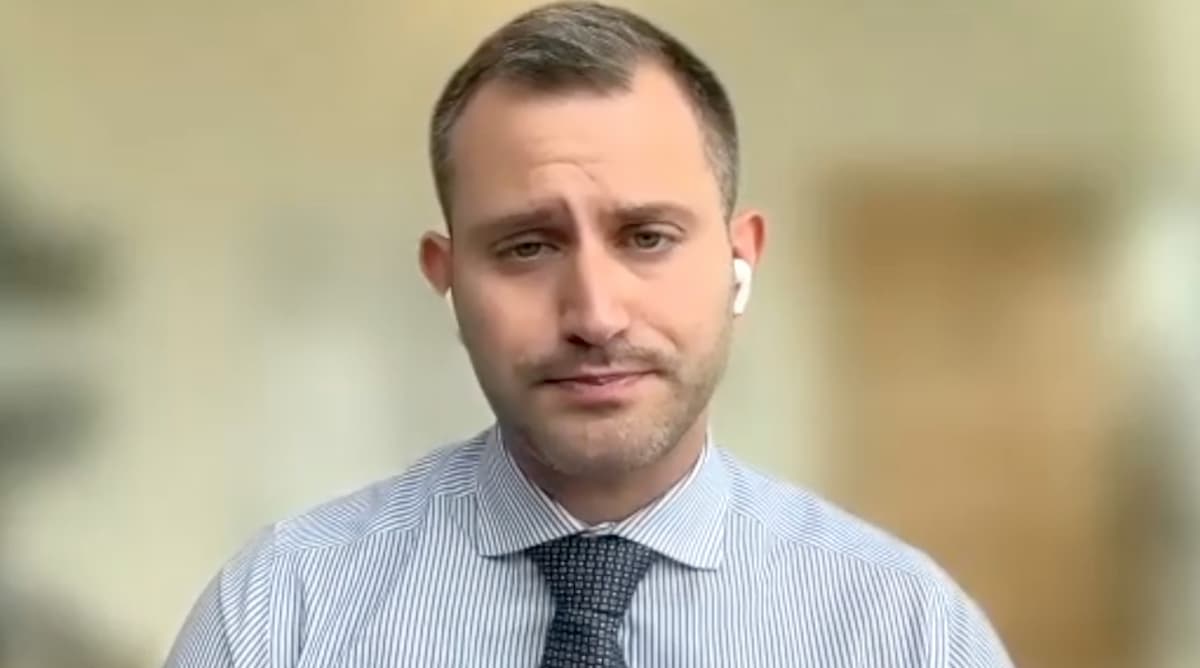
Paolo Tarantino, MD, discusses how drug prices within the United States are affecting the treatment of breast cancer.

Remedying gaps in knowledge and implementing strategies for financial toxicity mitigation are important for optimizing breast cancer treatment.

Investigators identified a correlation between financial toxicity significant differences in mental and physical quality of life, and patient satisfaction with breast reconstruction among patients with breast cancer.
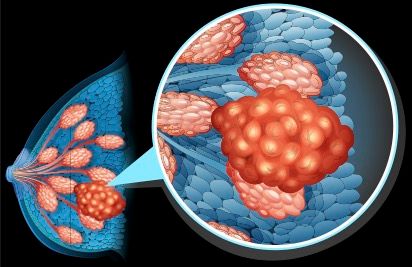
Patients have higher odds of experiencing rapid relapse in triple-negative breast cancer if they have Medicaid or no insurance, are single, are Black, and have not undergone surgery.
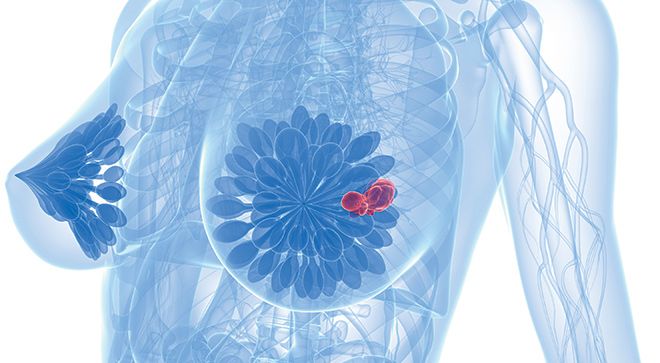
Research on NCCN resource-stratified guidelines for treating breast cancer could lead to overtreating patients in lower-middle and upper-middle income countries, while low-income populations could receive undertreatment.
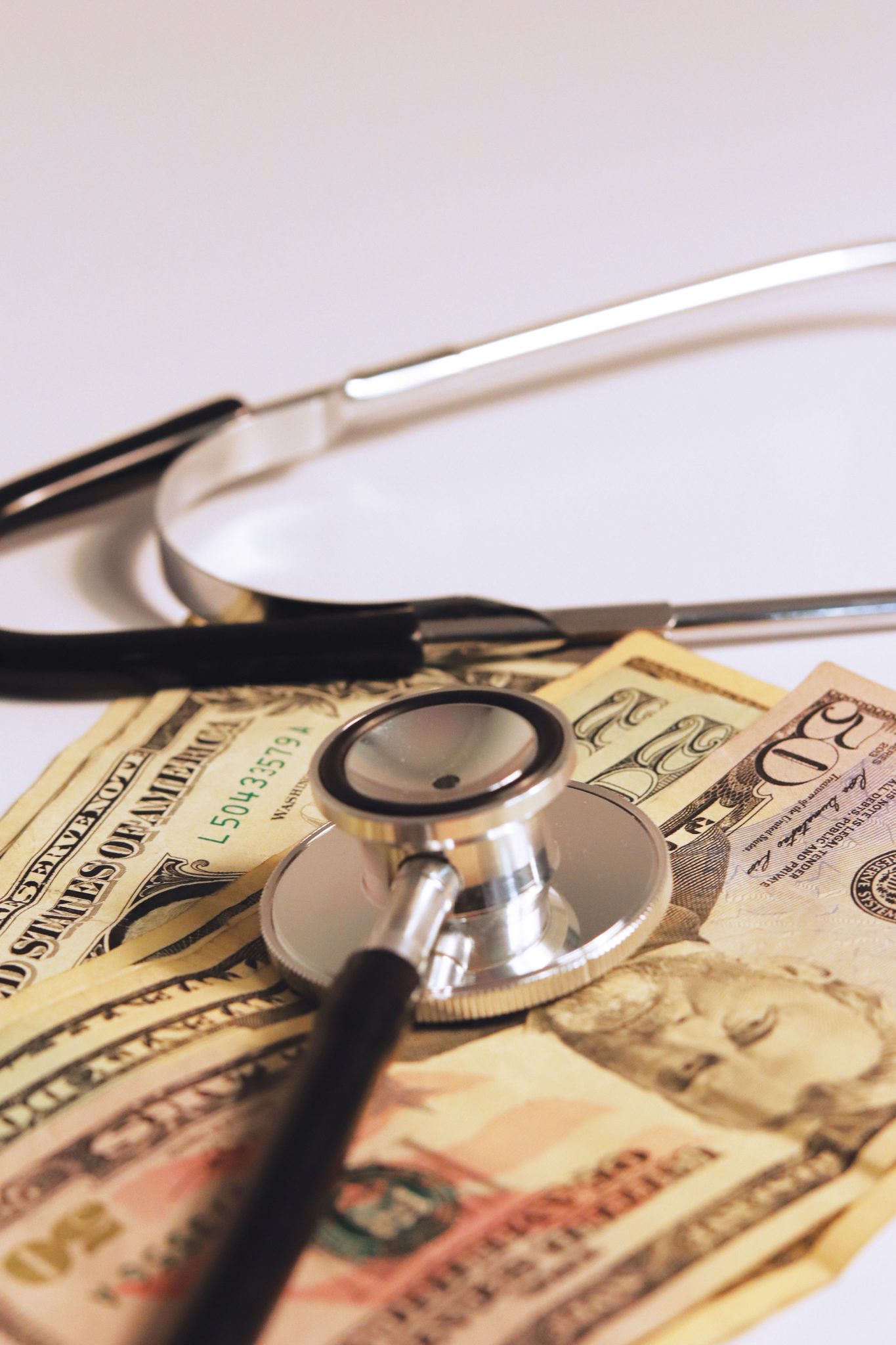
The cost of treating and managing breast cancer will rise two-and-a-half times by 2030 due to expected increases in young women being diagnosed with metastatic disease.

A study led by Jefferson researchers found that not all patients, specifically African American patients and women without private insurance, receive the same breast cancer treatment, specifically the beneficial and more cost-effective hypofractionated whole breast radiation therapy.
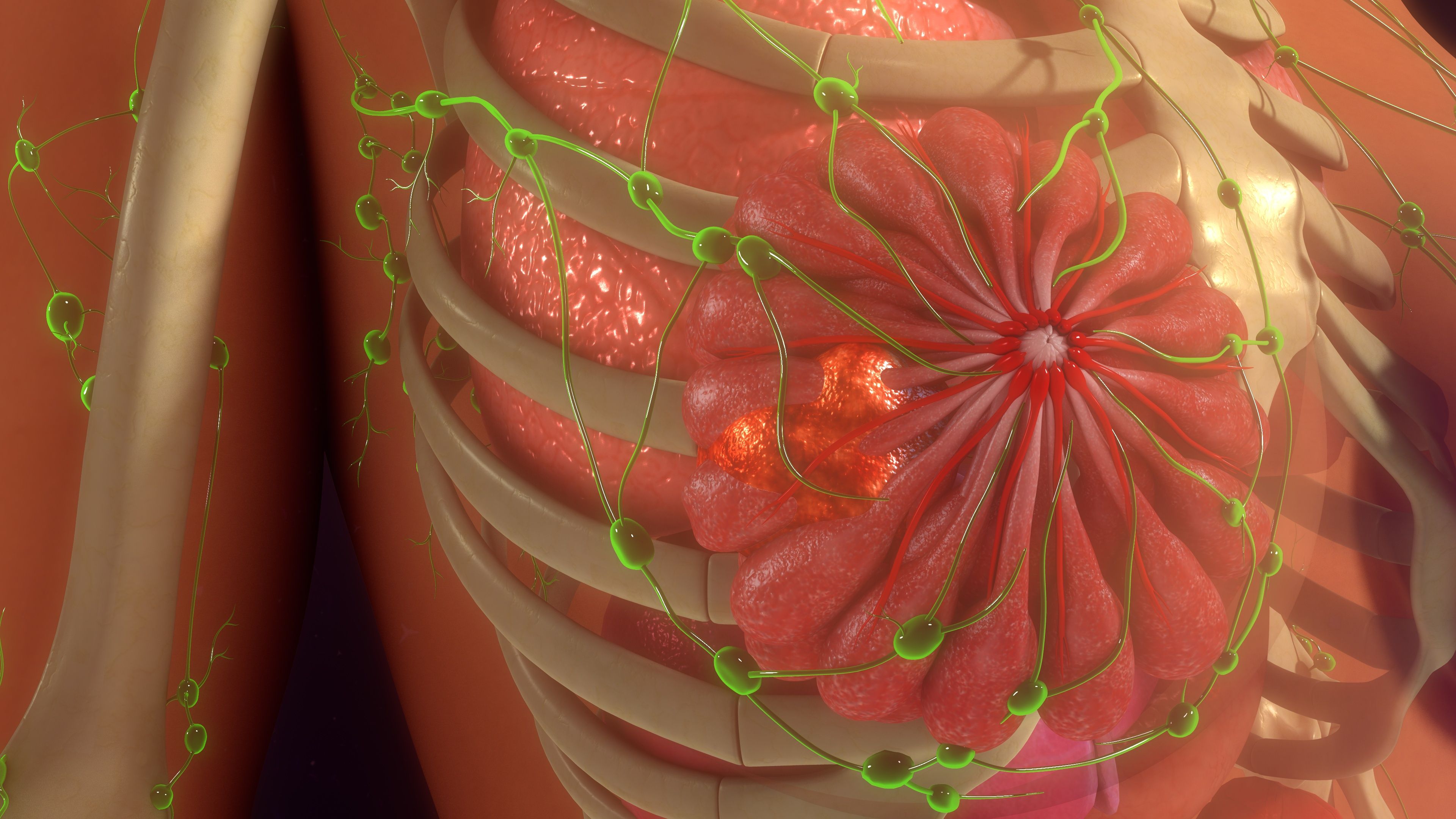
Researchers indicated that especially among women considered to be midlife, metastatic breast cancer creates a high economic burden through lost productivity.

